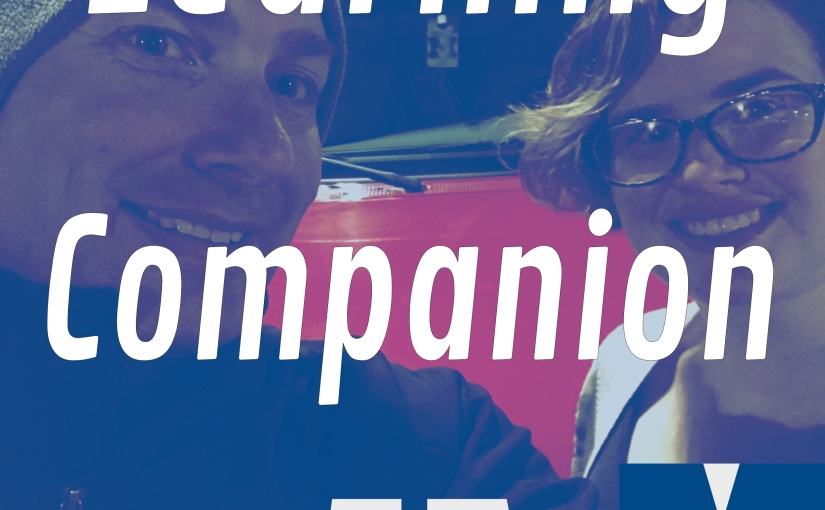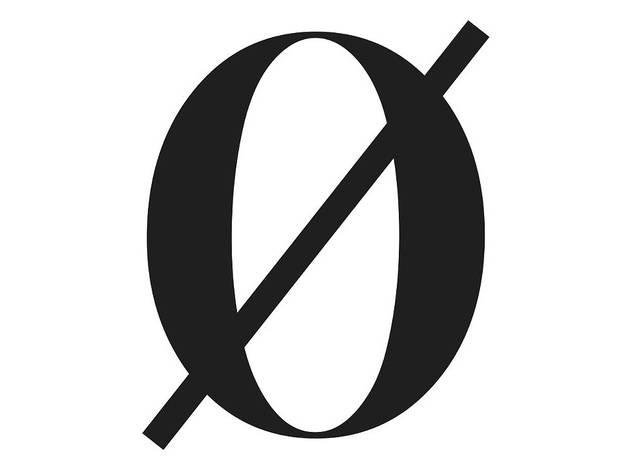
This type of ethical base is best summed up as “End-Result” ethics. It is commonly thought of as having the ends justifying the means. This ethical model has a rich heritage engaging ancient Greek and Roman philosophers. The classical summation for this ethic is “that the right action is the one which produces the greatest amount of happiness or pleasure for the greatest number of beings.” In a simplistic sense, people who care about results employ this ethic.
Within the Army we formally apply end-result ethics on both the NCO and officer evaluations. In order to warrant “excellence” one must do something that is unique, quantifiable, and contributes to the success or “good” of the unit. This formal reinforcement indicates that our organization expects results, and applies end-results ethics. It is the responsibility of leaders to make determinations on what is the best “good” for the most people. In some measure this is what commanders do when they sign risk assessments. They determine which areas they are willing to assume risk, and which controls to implement. In this aspect they make direct decisions on what is the “greatest good” for those who will be participating in the training, balancing consequences with results.
Because this has been formally reinforced, most members of the Army may not see these goal-oriented items as having any ethical consequences. Just because it appears to not be potentially unethical doesn’t mean that the area of decision exists without ethics playing some role. The term unethical implies a decision must have negative consequences. The potentially negative consequences for failing in one’s responsibility with regard to risk assessments, or considering the good of the unit when making decisions, will have negative consequences with ripple effects throughout the unit. In civilian businesses, management will employ a cost-benefit analysis that may also appear to not have ethical dimensions. These perspectives depend upon how one “punctuates” the situation. The stockholders will feel a negative consequence if their stock decreases in value, because a competitor took advantage of a market opportunity deemed too risky by their business.
The goal-oriented expectations of our organization encourage end-result ethics to be applied at the individual or local level. In our individualized American philosophical heritage, it is assumed that only the individual can properly calculate out what is best for him. As one applies this ethic across the board to a broader audience, the ability to determine what is good for all becomes difficult, because the population’s diversity leads to different goals. Hayek understood this in his economic works when he stated, “The principle that the end justifies the means is in individualist ethics regarded as the denial of all morals. In collectivist ethics it becomes necessarily the supreme rule.” When a Soldier applies this ethic in combat environments integrated with civilians, he assumes that he knows the greatest good for all of those individuals, and in making the decision for them, assumes a level of authority that may or may not be inherent in his mission.
To counter this enticing application of power, there exists a negative connotation of end-results ethics in American society. This sort of ethical application is often associated with America’s enemies and not with America itself. This ethic is often seen as the justifying force behind historical and modern enemies such as, Emperor Hirohito of Japan, Hitler & Goebbels, Stalin, Fidel Castro & Ché Guevara, Mussolini, North Korea, The Taliban based government in Afghanistan, the oppressive dictatorship of Saddam in Iraq, S.T.O.R.M., The Invisible Committee, and the 9/11 terrorists. Khalid Sheikh Mohammed’s response to the charges brought against him are a good example of this ethic being employed by an enemy. These documents are narrated with repugnance for the general American public, because he reduces America’s moralistic platform by employing a simplistic narration, selecting facts that would only compliment his cause.
During WWII the association of this ethic with America’s enemies emerged in various forms of propaganda created during the time period. In Frank Capra’s WWII era documentary, “Why We Fight,” the case for defeating the tyrannical governments in Europe and Japan was based upon a conflicting ideology that destroyed freedom. Yet even while Hollywood was working to get the nation behind preserving freedoms through war the FBI was trying to prosecute Larry Fly for protecting those freedoms specifically guarded by the constitution.
It seems those outside of government were being taught the maxim that “a nation unwilling to fight an ideological war, will be unable to win the physical one,” but as is often the case those in power were singing a different tune.
The promoted concept of the films were that if the governments of Germany, Italy, and Japan, were oppressive to their own people, they would in turn be oppressive to every people. In the United States the citizenry is understood to be the sovereign of the nation, and to oppress those who are seen as the sovereign violates the national cultural and legal foundation to our governance. Well did our founders promote the ethical ideas of Cicero, enshrining in our government a unique perspective of authority. Cicero writes, “the administration of the government, like a guardianship, ought to be directed to the good of those who confer, and not of those who receive the trust.”
The iconic image of those who participate in this form of end-results ethics views the actors as societal deviants and not the norm. Though this ethic is ascribed to our enemies and societal deviants, there is a cultural acknowledgement that certain circumstances warrant purely end-result ethics regardless of application level, but these are presented as rare and very dramatic cases. Examples of cultural acceptance of end-result ethics include scenarios where the hero must ignore common social norms and sometimes the law. Usually it is the immediate benefit of the preservation of lives that is used in these examples. Our physical laws follow this cultural trend. Trespassing laws in most states do not apply to law enforcement in pursuit of their duty to preserve life. If someone’s life is threatened on private land, the threat to his or her life is considered justification for entering private property. The fictional characters of James Bond, Jack Bauer, and, Jason Bourne are known for demonstrating a result-based ethic. We have a cultural acceptance of individual-focused end-result ethics.
The members of our military emerge from, and consume these cultural materials and are aware of end-result ethics. Their station in the military places them in a position of great power, and end-result ethics require power to function. What they may not be aware of is the slippery slope caused by applying this ethical premise. If the ends justify the means, then to which ends does one place as a goal? Does an excessive use of force to disperse a hostile crowd, justify the potential injury or death of innocent civilians? How much collateral damage is acceptable when engaging a target? What level of target justifies collateral damage? Does the R.O.E. need a codified collateral damage to high priority target ratio?
End-results ethics isn’t just a free-for-all of do what you think is good. It’s a calculated decision making process that uses positive consequences as its basis for operations. It is the ethical format of “meaning to do well” which may or may not turn out to be the case.
This ethic is no better enshrined within the Army than in the Military Decision Making Process (MDMP) from FM 5-0.
The military decision making process is an iterative planning methodology that integrates the activities of the commander, staff, subordinate headquarters, and other partners to understand the situation and mission; develop and compare courses of action; decide on a course of action that best accomplishes the mission; and produce an operation plan or order for execution.
In order to evaluate these courses of action, the commander and staff will develop a matrix and evaluative criteria. This criterion comes from a “relative importance to the commander’s guidance.” This mission oriented cost analysis clearly allows the Commander to weigh the costs of each potential consequence of his plan. He employs this planning model as a way to carefully evaluate key factors. Here the “greatest good” is as the NCO creed states, “the accomplishment of [the] mission, and the welfare of [each] Soldier.” Each commander who employs this planning mechanism is engaging in a process that allows and requires him to weigh the positive and negative consequences of each operation. FM 5-0 specifically cites that “Commanders adjust criterion selection and weighting according to their own experience and vision. The staff member responsible for a functional area scores each COA using those criteria.” This scoring mechanism is symptomatic of the application of end-result ethics. MDMP is one of the clearest ways in which the Army applies end-result ethics.
End-result ethics are part of the culture our military members consume and are drawn from. It is the act of calculating the value of the results against the consequences. Even though our formal evaluation systems encourage results, this ethic is normally associated with our enemies. It is used at times culturally and historically in circumstances of great distress. It is canonized in the Military Decision Making Process. It is not inappropriate to suggest that application and misapplication of this ethic is a statistical reality in the Army.






